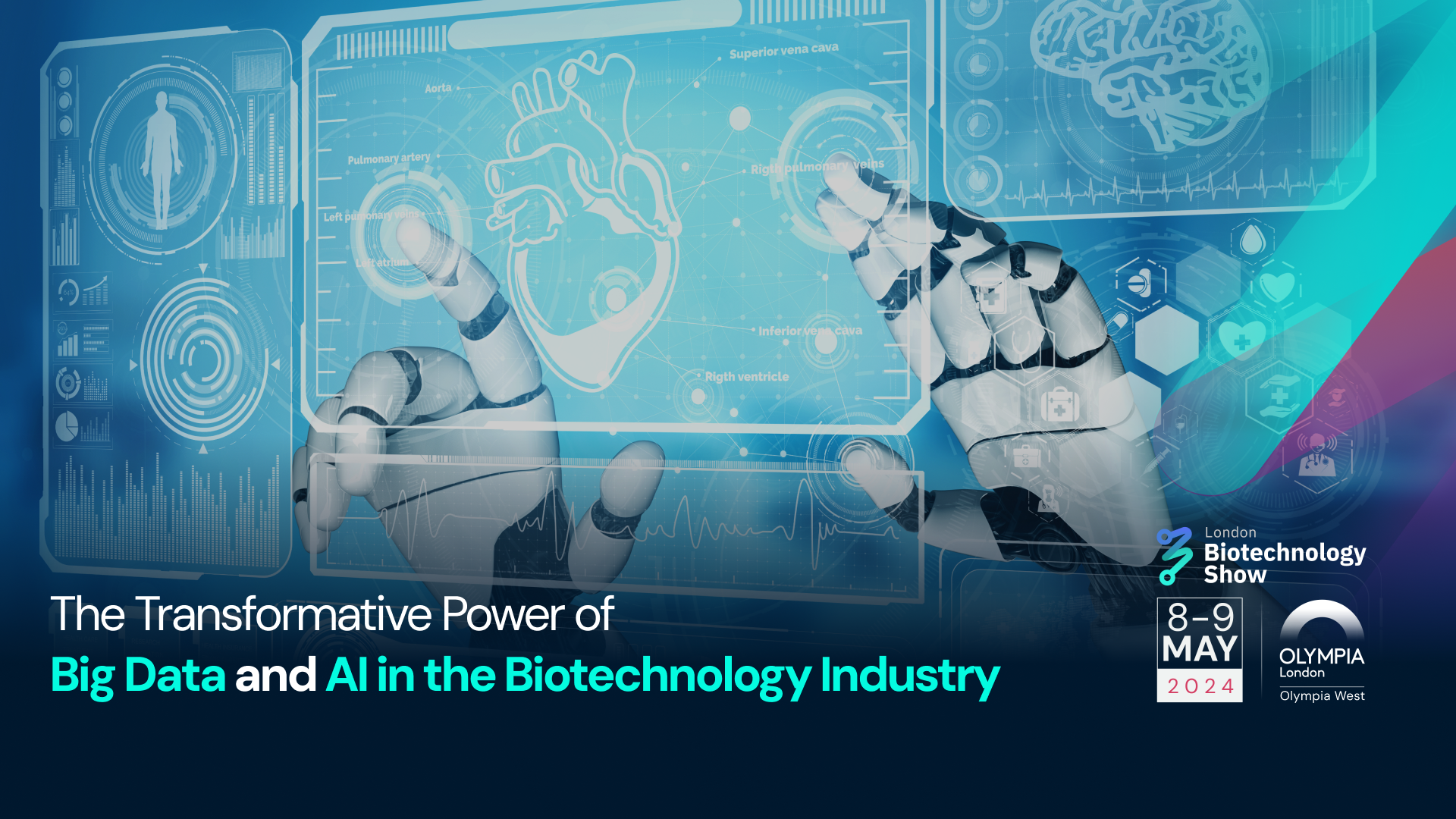Today, artificial intelligence (AI) and big data are rapidly revolutionising every industry, including the biotechnology sector. These cutting-edge technologies are driving innovation and transformation, leading to the development of novel therapeutics, personalised medicine, and improved healthcare outcomes. In this blog post, we explore the transformative impact of big data and AI in the biotechnology industry and medical and healthcare sectors globally.
Accelerating Drug Discovery with Big Data and AI
The drug discovery process is often lengthy and expensive, often taking over a decade and costing billions of dollars. However, the integration of big data and AI is dramatically accelerating drug discovery and development. AI algorithms can analyse vast amounts of complex data, including genetic information, molecular structures, and clinical trial results, to identify potential drug targets and predict the efficacy and safety of new drugs. This capability significantly reduces the time and cost of drug development, leading to the faster delivery of life-saving treatments to patients.
Personalised Medicine: A Paradigm Shift In Healthcare
Personalised medicine is transforming healthcare by tailoring treatment plans to the unique genetic and molecular characteristics of each patient. Big data and AI are playing a crucial role in enabling personalised medicine by providing insights into a patient's individual genetic makeup and predicting their response to specific treatments. This personalised approach allows for more effective treatments and reduced side effects, leading to improved patient outcomes.
Enhancing Diagnostic Accuracy with AI
Traditional diagnostic methods often rely on subjective human interpretations, which can lead to inaccuracies and missed diagnoses. AI-powered algorithms can analyse medical images, such as X-rays, MRI scans, and CT scans, with greater precision and accuracy than human experts. This capability enables earlier and more accurate diagnoses, leading to timely interventions and improved patient outcomes.
Remote Patient Monitoring and Care
AI-powered wearable devices and sensors are revolutionising patient monitoring and care. These devices can continuously collect data about a patient's health, such as heart rate, blood pressure, and sleep patterns. This data is then transmitted to AI algorithms for real-time analysis, allowing healthcare providers to monitor a patient's condition remotely and provide timely interventions when necessary.
Streamlining Administrative Tasks
Healthcare providers often spend significant time on administrative tasks, such as scheduling appointments, processing insurance claims, and coding medical records. AI can automate many of these routine tasks, freeing up healthcare providers to focus on direct patient care. This automation also improves efficiency and reduces administrative costs.
Conclusion: A New Era of Biotechnology
The integration of big data and AI is transforming the biotechnology industry and medical & healthcare sectors globally. These technologies are accelerating drug discovery, enabling personalised medicine, enhancing diagnostic accuracy, improving patient monitoring, and streamlining administrative tasks. As AI technology continues to develop, we can expect to see even more innovative applications that will further revolutionise healthcare. The future of biotechnology is undoubtedly intertwined with the power of big data and AI, leading to a new era of personalised, effective, and accessible healthcare for all.


